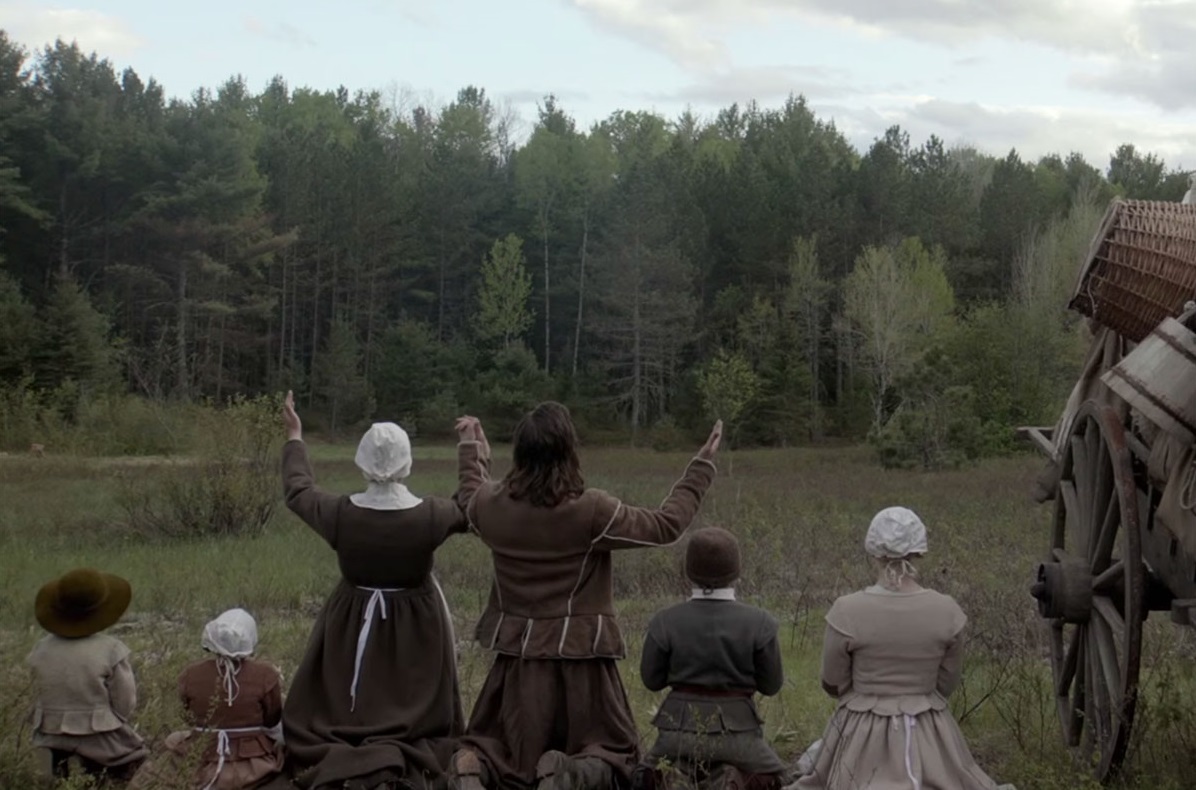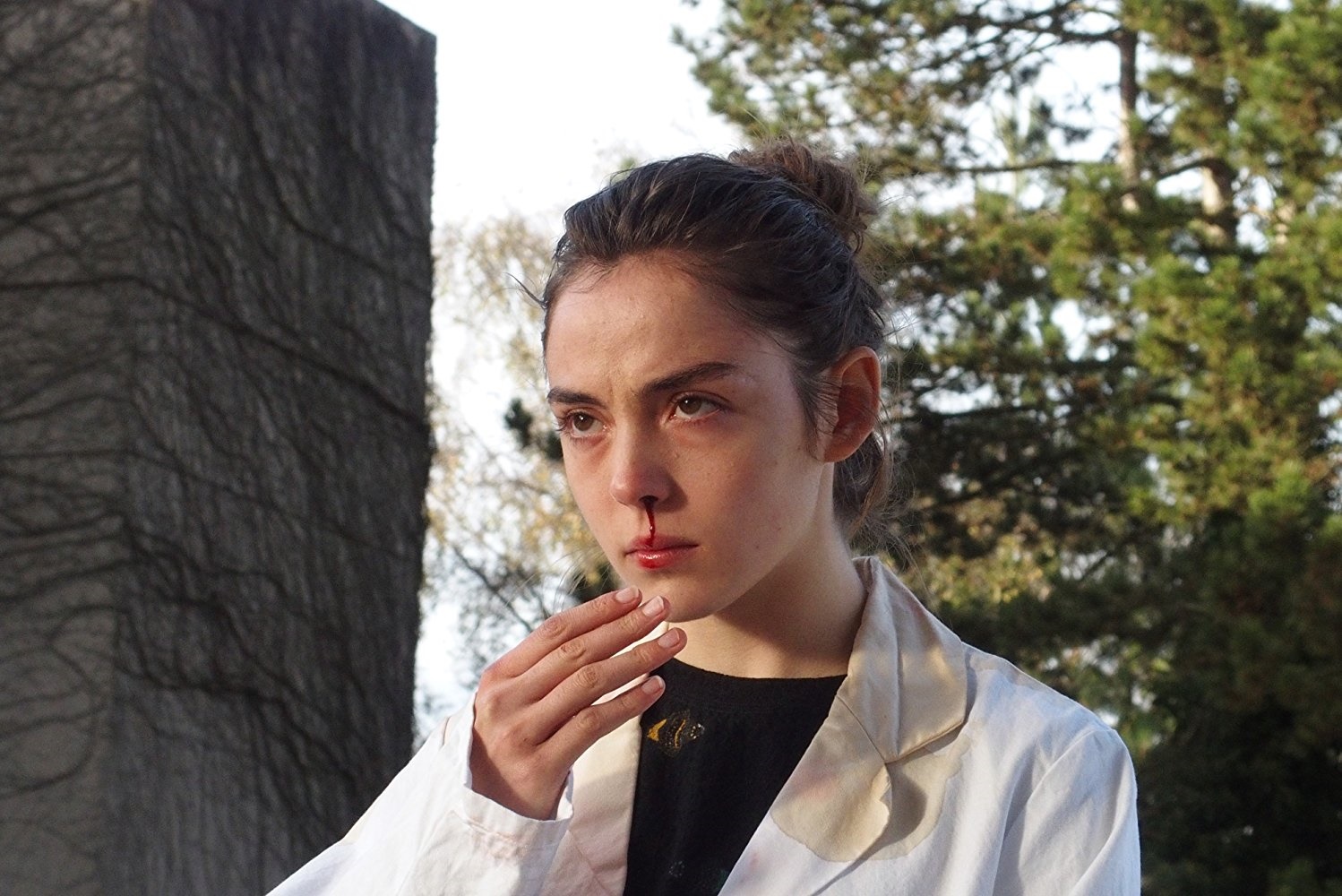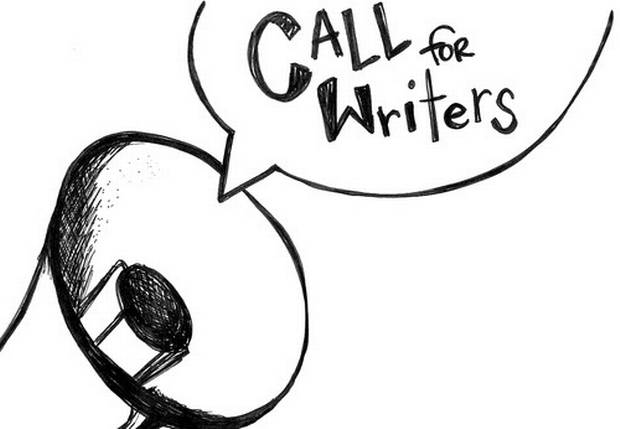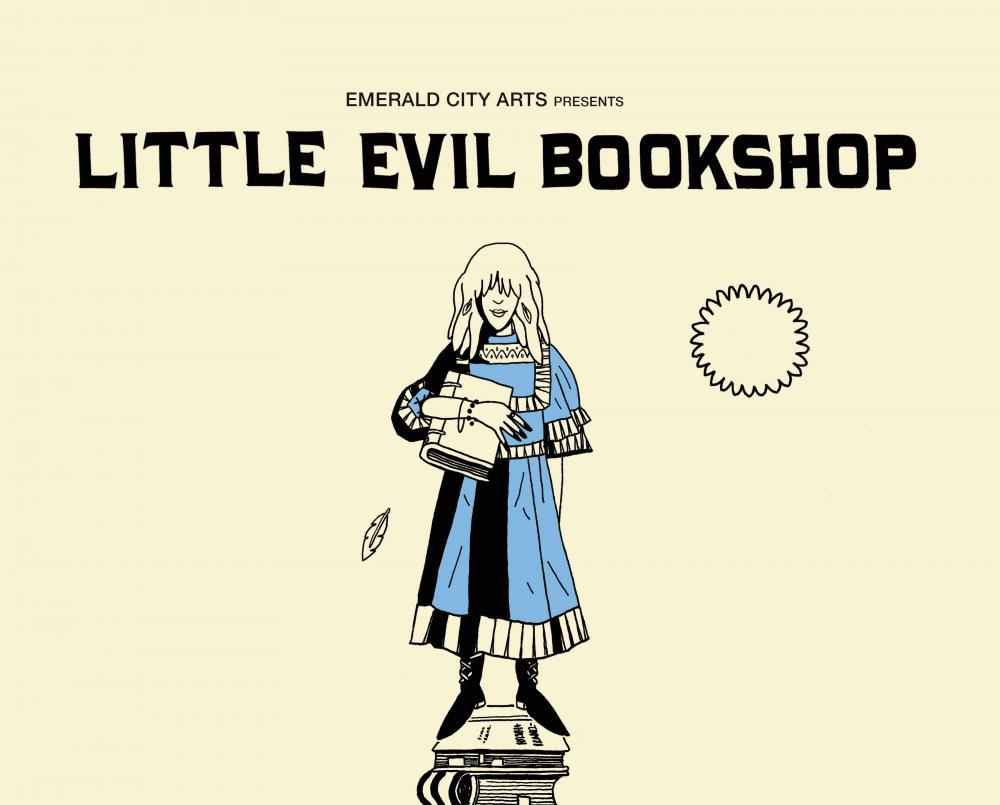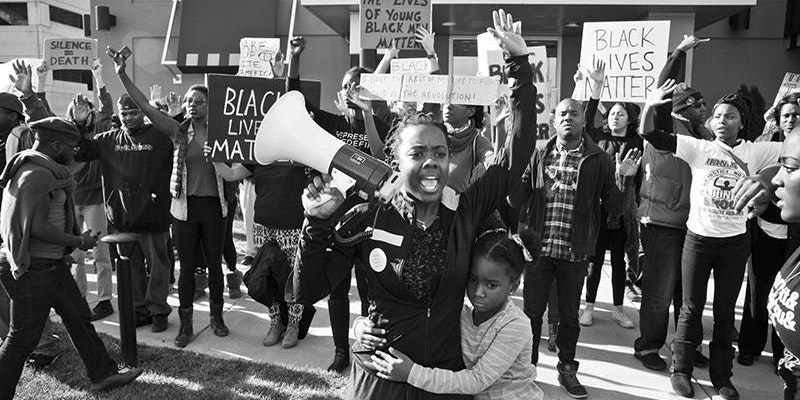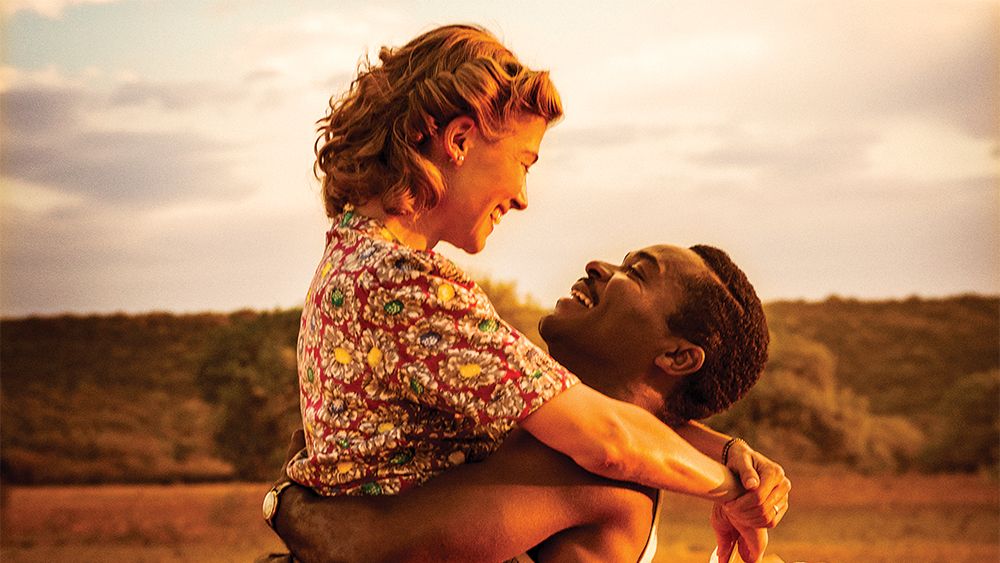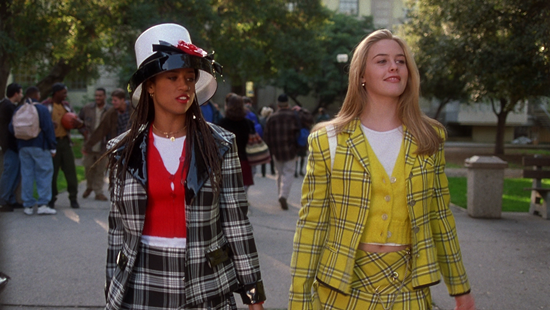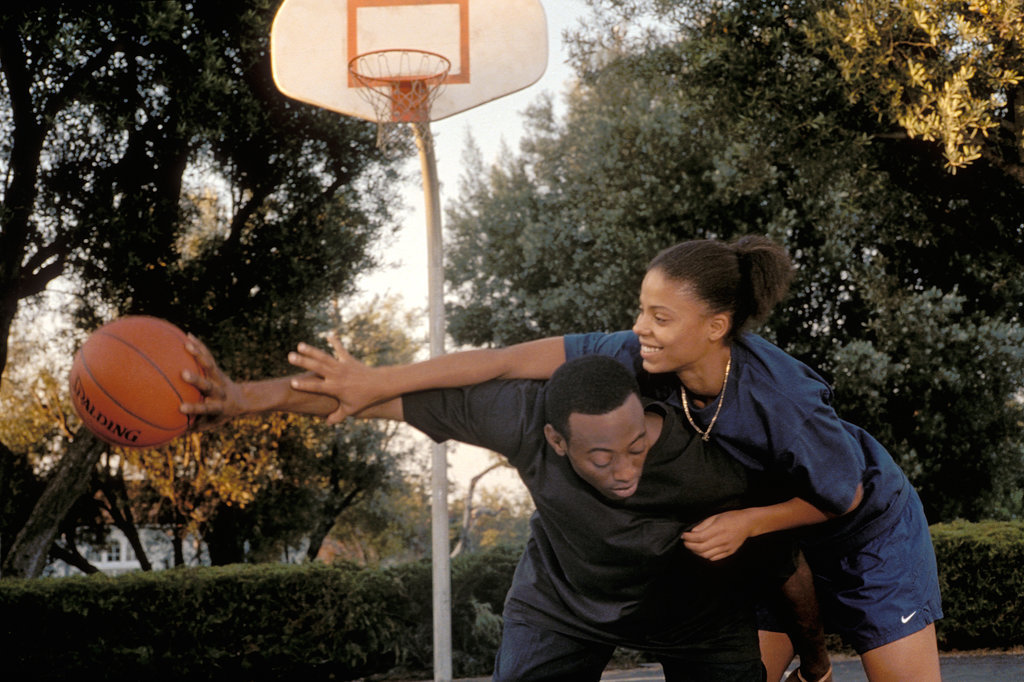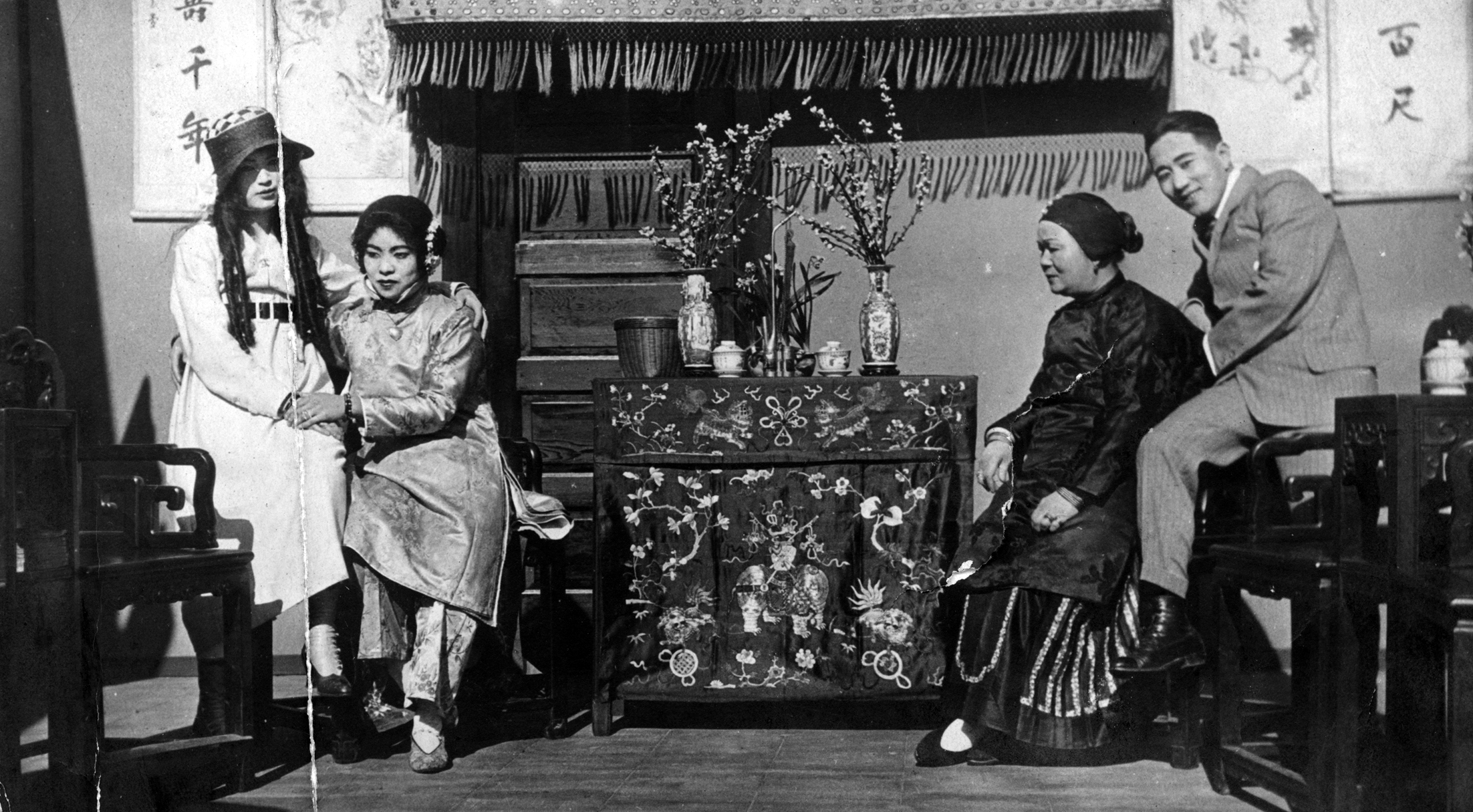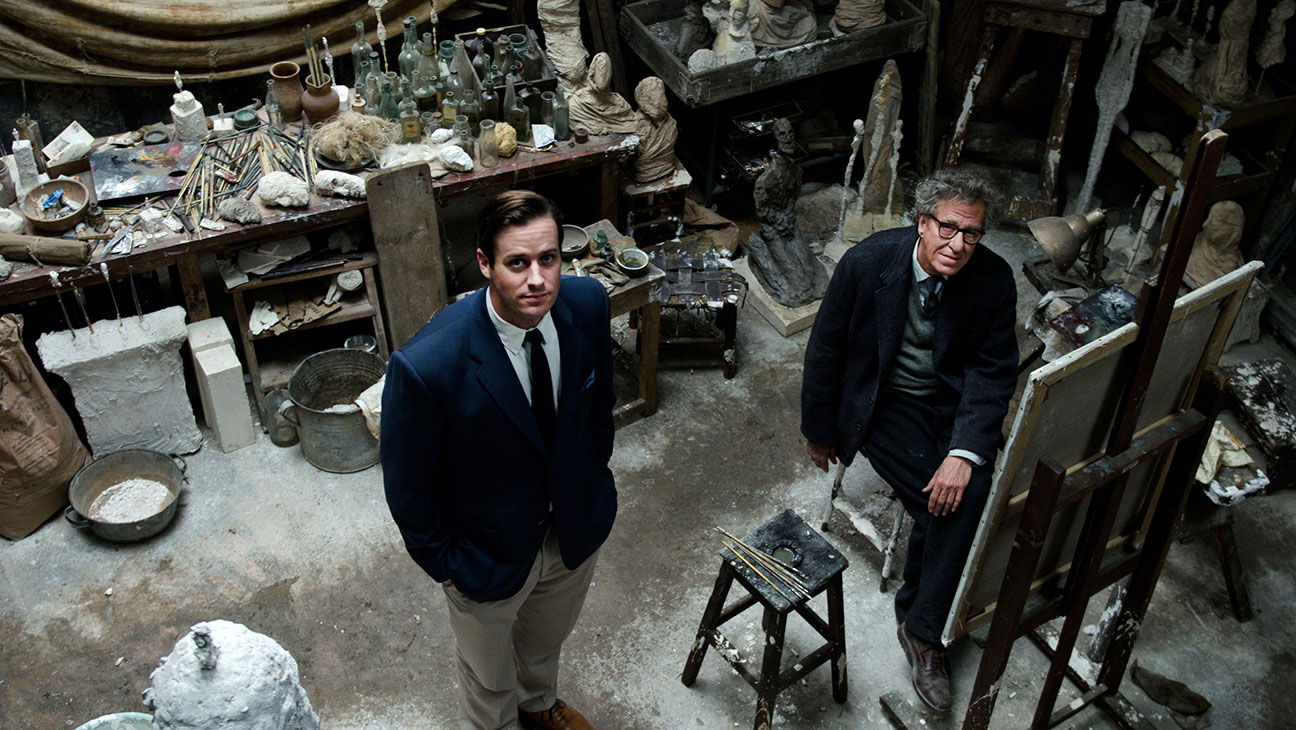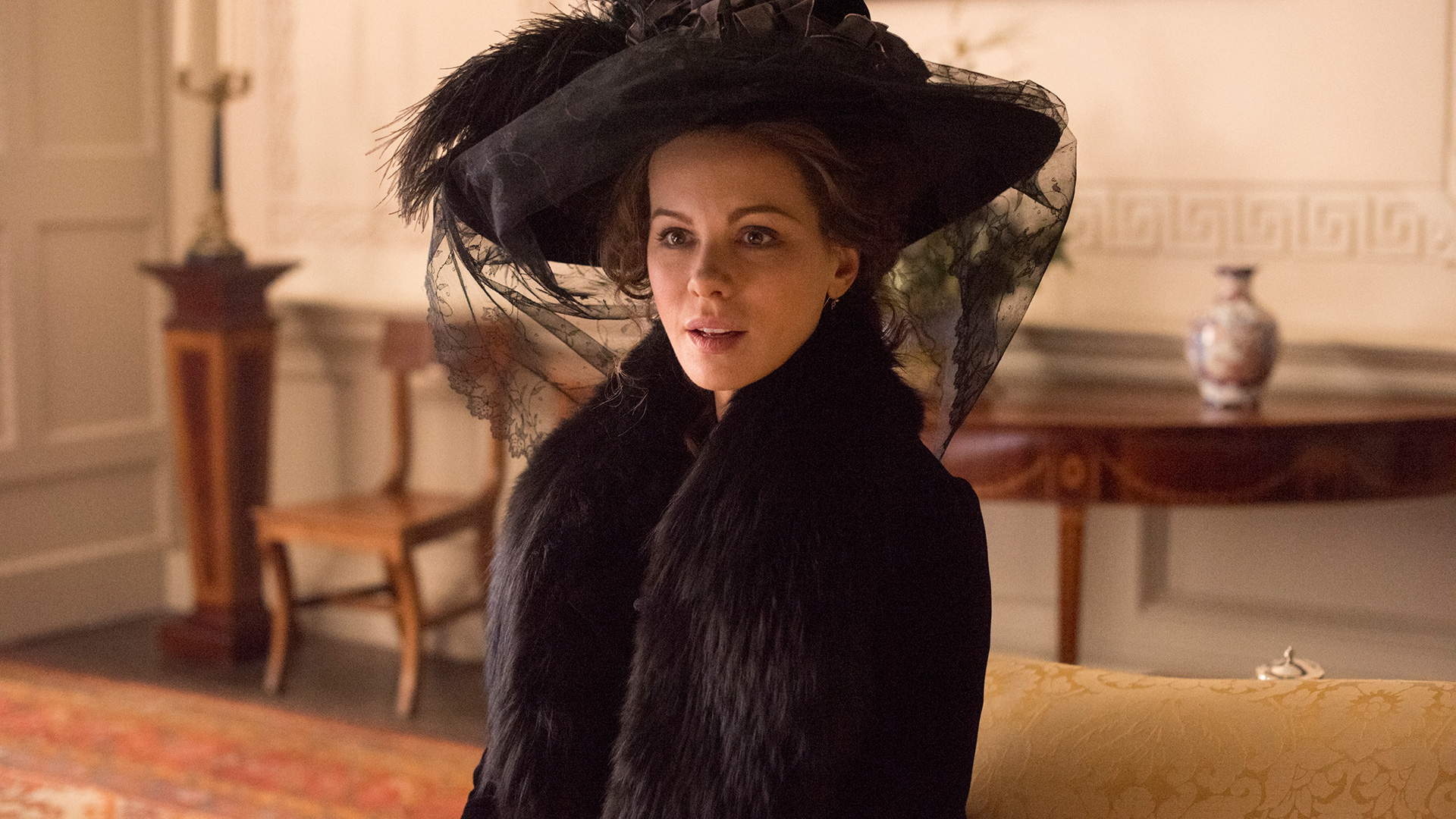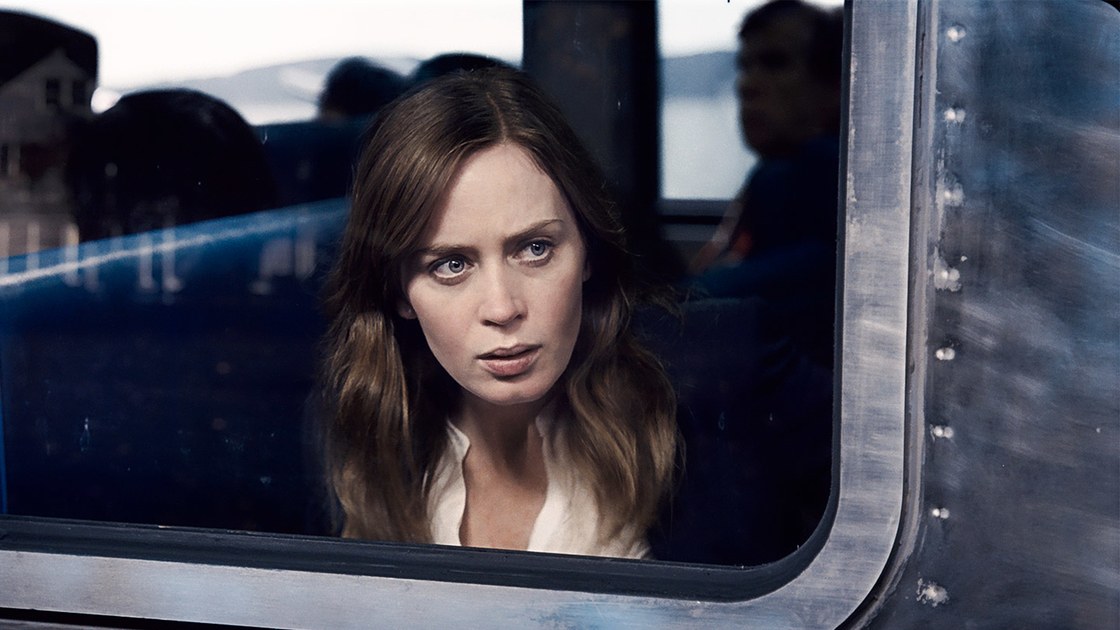‘The Witch’ Will Transport You to Another World — A Beautiful, but Terrifying One
‘The Witch’ is proof that when a film is made with utmost care down to the last detail, one can still be transported by it to another world — though, in the case of ‘The Witch,’ it is a downright creepy and unpleasant world, and one that I am grateful, as a woman, to not have to live in.
